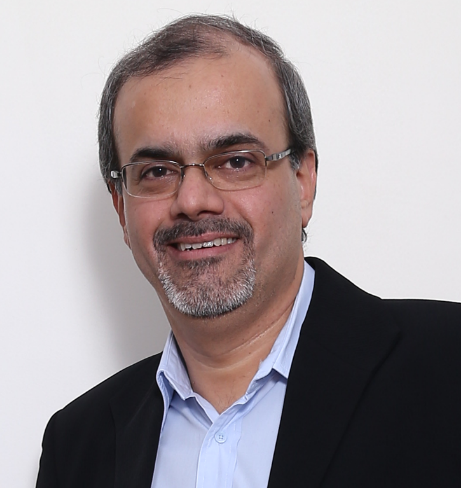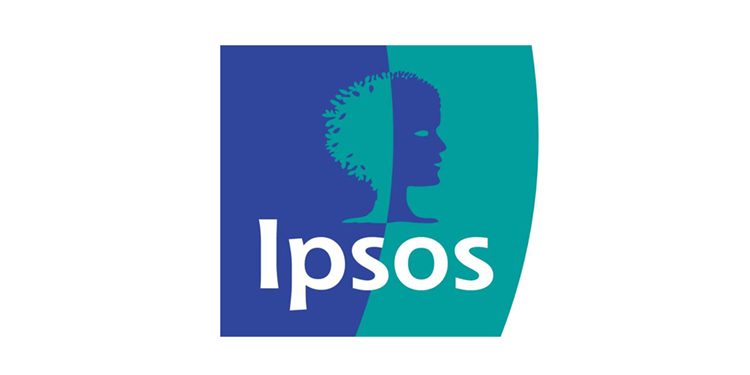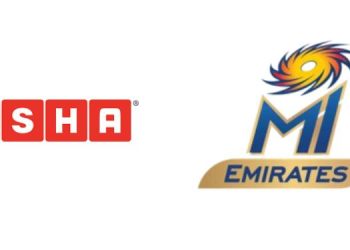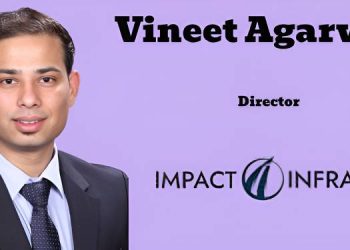New Delhi: The September 2020 results of What Worries the World continues to paint a gloomy picture for global citizens, with at least 6 in 10 (62%) believing their country is on the wrong track. Urban Indians on the contrary are comparatively, more buoyant and at least 62% believe the country is moving in the right direction.
The survey of 27 markets and over 20,000 global citizens shows, COVID19 remains top worry for global citizens and urban Indians – consecutively for 6 months, refusing to budge from pole position, as infections continue to rise; and while those getting cured are also in large number, at the same time, people continue to lose lives, due to the virus. Joblessness, perturbs urban Indians and global citizens – in India 1 in 2 is worried about unemployment.
Markets Most optimistic & Least Optimistic
Interestingly, the markets most optimistic are the usual suspects of Saudi Arabia (80%), Malaysia (67%) and India (62%).
And the markets most pessimistic were of South Africa (86%), Belgium (78%), Chile (76%), Spain (74%), France (73%), among others.
COVID 19 Worry – Markets most concerned and least concerned
At least 45% of global citizens are worried about COVID 19!
The markets most worried are also the ones that are still grappling with the resilient corona virus – South Korea (72%), Australia (63%), Japan (60%), Malaysia (58%), Spain (58%), Great Britain (56%), India (55%), Peru (55%), Saudi Arabia (54%), the US (54%), among others.
On the other hand, the markets least worried about COVID 19 were of, Russia (20%), Sweden (27%), South Africa (29%), Hungary (30%) and Belgium (32%).
Top 5 global issues (worries) and those of Urban Indians, in September 2020.
Top 5 global issues
1) COVID-19 (45%)
2) Unemployment &jobs (39%)
3) Poverty and social inequality(30%)
4)Crime and violence (27%)
5) Financial/ political corruption (27%)
Top 5 issues in India
1) COVID-19 (55%)
2) Unemployment& Jobs (53%)
3) Financial and political corruption(29%)
4) Poverty and social inequality (23%)
5)Healthcare (23%)

“India has been cautiously forging ahead in the pandemic. Though India ranks high in terms of the overall level of optimism, COVID19 continues to remain our top issue. Interestingly, the second issue- unemployment & jobs– garners almost a similar score as COVID19, indicating people are showing an equal concern on the pandemic itself and the economic fallout of the pandemic. The government has the tough task of managing a delicate balance between managing infections by delaying full scale relaxation and the impact of curtailed economic activity on employment generation,“ said Amit Adarkar, CEO, Ipsos India.
Technical Note
Full results available on:
https://www.ipsos.com/ipsos-mori/en-uk.
The survey was conducted in 27 countries around the world via the Ipsos Online Panel system. The 27 countries included are Argentina, Australia, Belgium, Brazil, Canada, Chile, France, Great Britain, Germany, Hungary, India, Israel, Italy, Japan, Malaysia, Mexico, Netherlands, Peru, Poland, Russia, Saudi Arabia, South Africa, South Korea, Spain, Sweden, Turkey and the United States of America.
20,085 interviews were conducted between August 21st 2020 and September 4th 2020 among adults aged 18-74 in the US, South Africa, Turkey, Israel and Canada and age 16-74 in all other countries. Data are weighted to match the profile of the population.
In 16 of the 27 countries surveyed, internet penetration is sufficiently high to think of the samples as representative of the wider population within the age ranges covered: Argentina, Australia, Belgium, Canada, France, Germany, Hungary, Israel, Italy, Japan, Poland, South Korea, Spain, Sweden, Great Britain and United States. The remaining 11 countries surveyed: Brazil, Chile, India, Malaysia, Mexico, Netherlands, Russia, Peru, Saudi Arabia, South Africa and Turkey have lower levels of internet penetration and so these samples should instead be considered to represent a more affluent, connected population. These are still a vital Social group to understand in these countries, representing an important and emerging middle class.

















